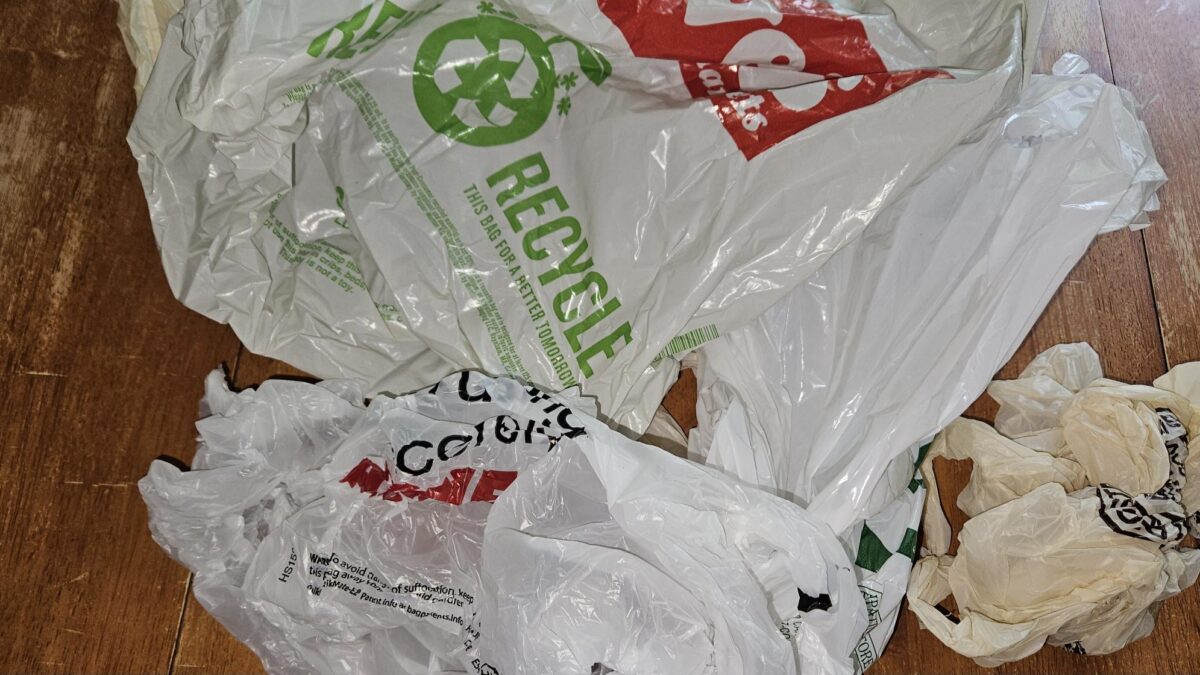State Senator Carolyn Comitta: The case for cap and invest in Pennsylvania
Pennsylvania is poised to take an important step to cut our carbon emissions. We’re ready to join the Regional Greenhouse Gas Initiative (RGGI), a commonsense, market-based cap and invest program.
At the same time, more and more leading scientists, doctors, and economists are calling for urgent action on the climate crisis – a crisis that science clearly and equivocally shows is caused by carbon emissions.
Recently, more than 100 doctors and health experts released a report in The Lancet finding that climate change is worsening public health in just about every measurable way. That analysis comes on the heels of the World Health Organization calling climate change “the single biggest health threat facing humanity.”
Climate change is not some distant threat on the horizon. It’s happening before our very eyes. You can see it and you can feel it. Global warming is making severe flooding, dangerous wildfires, extreme heat, and other dangerous weather events the norm. It’s a threat to public health, our environmental health, and our economic future.
Climate change is not some distant threat on the horizon. It’s happening before our very eyes. You can see it and you can feel it.
The Commonwealth is responsible for about 1 percent of global carbon emissions – that’s more than some countries. Through RGGI, states set regional limits on emissions for fossil-fuel-fired electric power plants. Plants can then purchase permits to emit up to that limit through quarterly auctions. Those limits decline each year leading to decreased emissions. Meanwhile, RGGI states, like our neighbors in Delaware, New Jersey, and New York, realize hundreds of millions of dollars for energy efficiency and renewables, helping workers transition to careers in clean energy, supporting environmental justice communities, and more. By joining RGGI, Pennsylvania can be an environmental and economic leader.
One report found that while annual carbon emissions have dropped by nearly 50 percent since 2009 in participating RGGI states, the program has generated $4 billion in total economic value. Projections from the Pennsylvania Department of Environmental Protection (DEP) show that RGGI will add an estimated 30,000 jobs and $1.9 billion to the Gross State Product by 2030.
READ MORE — Lou Barletta: RGGI is a job-killing boondoggle
In addition, RGGI brings immense benefits to public health. A 2020 Columbia University study found that carbon reductions have helped RGGI states avoid an estimated 537 cases of child asthma, 112 preterm births, 98 cases of autism spectrum disorder, and 56 cases of low birthweight from 2009 to 2014. In Pennsylvania, the DEP estimates that as many as 639 premature deaths from respiratory illnesses can be prevented due to emission reductions from RGGI participation, as well as 30,000 fewer hospital visits for respiratory illnesses like asthma for children and adults.
Some RGGI opponents say it will hurt the coal industry and coal workers. They also claim that RGGI will lead to higher energy costs. Let’s be clear: no one wants to see any Pennsylvania worker lose their job or any consumer pay significantly more for electricity. However, numerous studies show that the ongoing closures of coal-fired plants are due to market forces caused by the abundance of inexpensive natural gas – not RGGI. The good news is RGGI proceeds can be reinvested to help coal communities and workers transition to successful, family-sustaining careers in clean energy. In addition, by supporting investments in energy efficiency, over time RGGI will lower overall usage and costs for electricity.
RGGI is not radical environmentalism – it’s basic problem-solving. It simply means we’re asking companies that have greatly contributed to our climate crisis to take responsibility for their role by limiting their emissions and investing in the transition to clean energy. Furthermore, it is the only plan on the table designed to reduce our emissions and invest in our clean energy future.
We’re asking companies that have greatly contributed to our climate crisis to take responsibility for their role by limiting their emissions and investing in the transition to clean energy.
I became involved in public service to create a better world for our precious children, including my children and grandchildren (and yours). It’s because of them that I’m such a strong proponent of RGGI. You see, this is not only the crisis of our time, but it’s also the crisis of our children’s future. However, there is still time. If we act now, the very worst impacts of climate change can still be avoided.
RGGI means cleaner air, new jobs, economic growth, healthier communities, and a stronger, brighter future for all Pennsylvanians. Let’s do the smart thing and the right thing. Let’s join RGGI today.
Carolyn Comitta, of West Chester, represents the 19th Senatorial District and serves as Minority Chair of the Senate Environmental Resources and Energy Committee.





I am a voter in Pennsylvania, have never missed an election. We have put a stop to this job killing boondoggle. Pennsylvania has vast supplies of coal and natural gas which can provide us with cheap reliable energy. We should not sign any agreements to limit our access to energy sources with our state. Especially to address an issue that is merely an attempt by government and other forces to control every aspect of our lives. Even if man made climate change exists, China and India which produce more pollution that America or Europe and will not sign on to any treaty limiting their pollution. Why ruin America’s economy for a nonexistent reason.